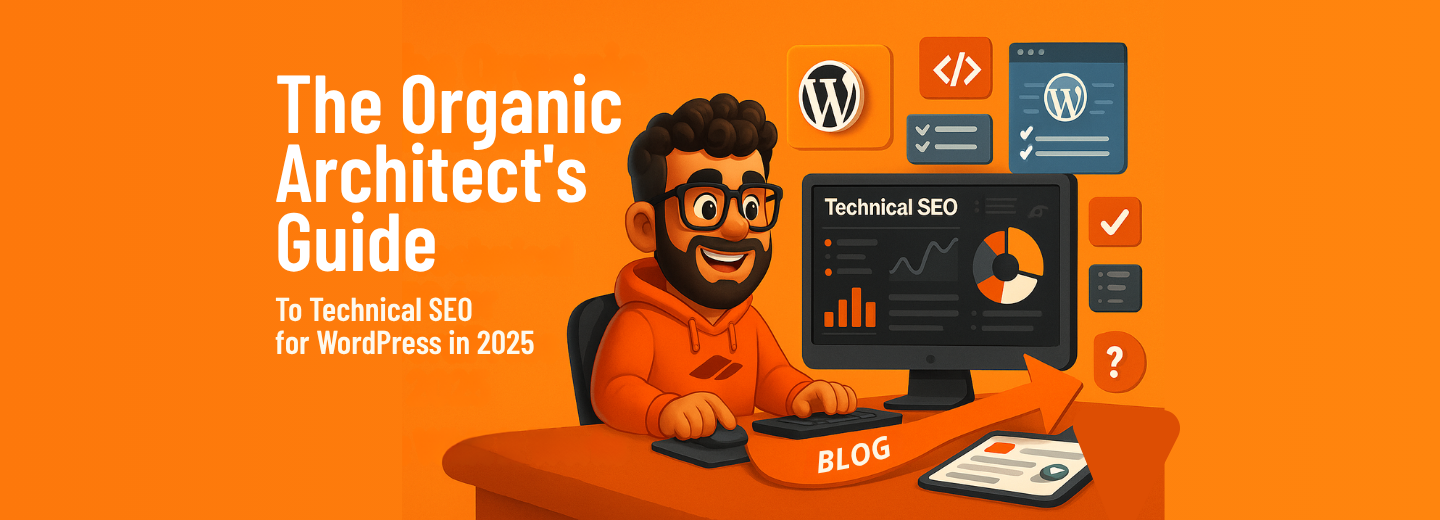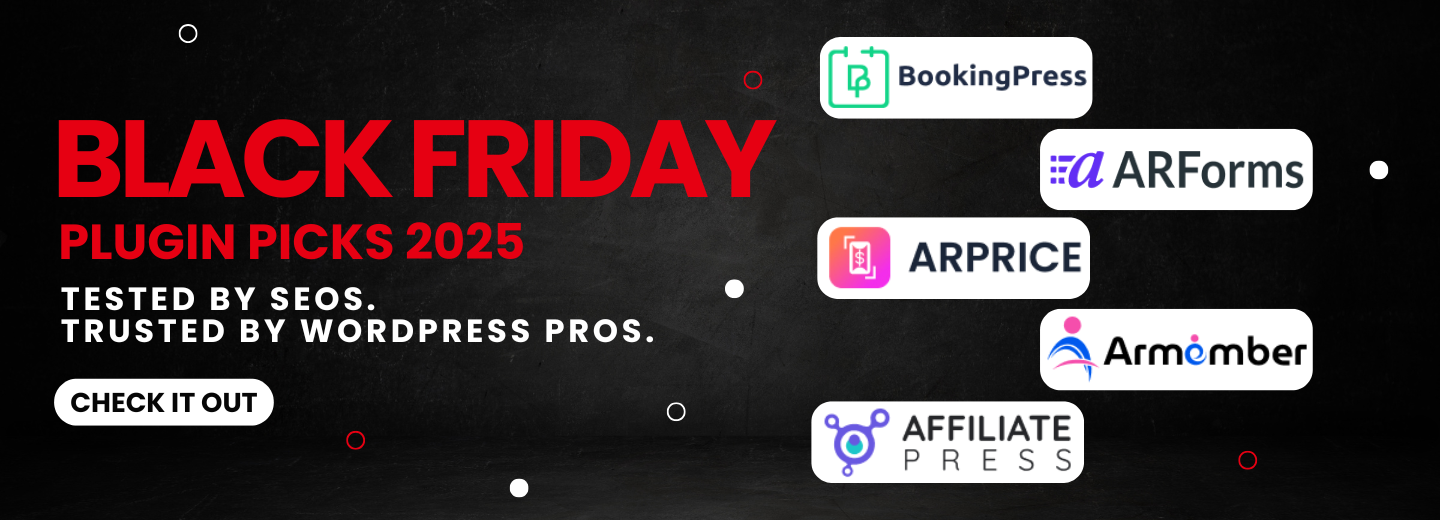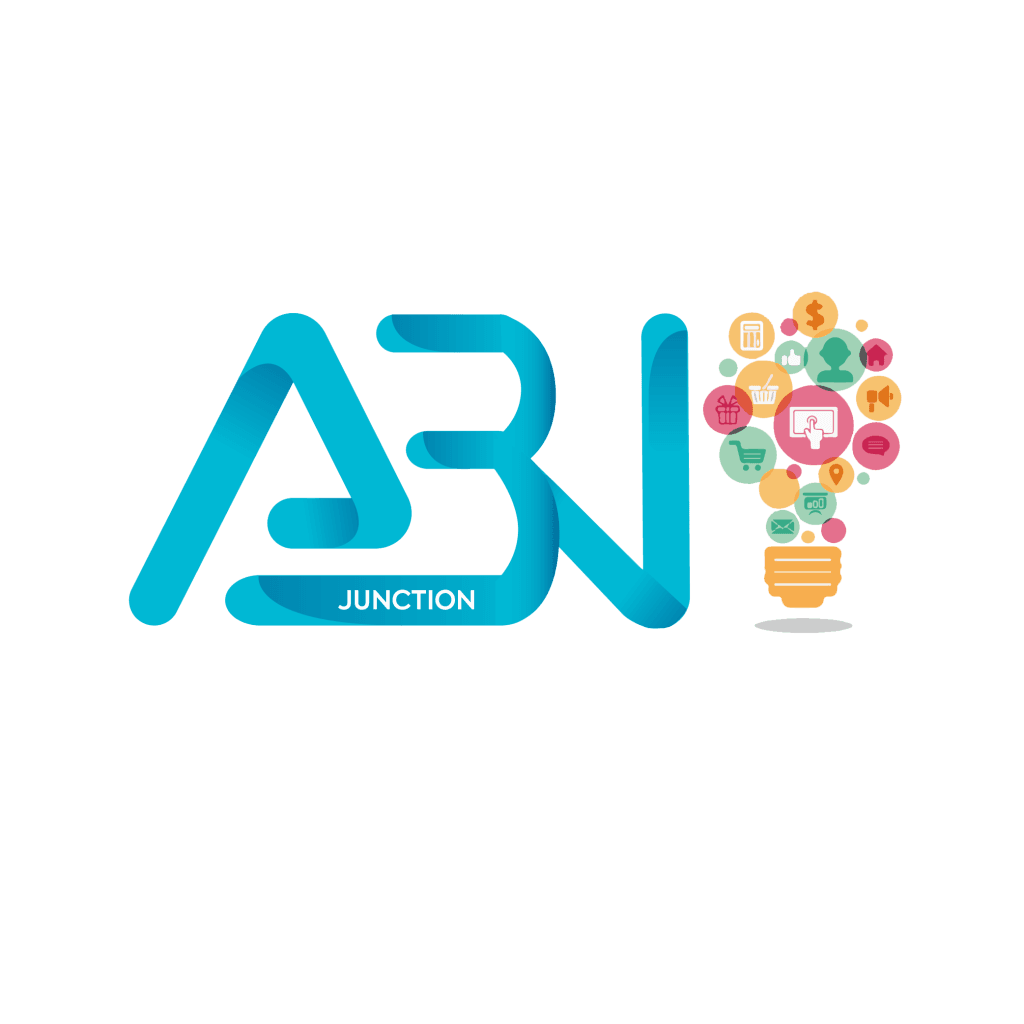The “Why Isn’t My Post Ranking?” Crisis
You’ve just published a brilliant blog. Keywords are in place, headings are optimized, and you even ran it through Yoast. And yet, it’s been days… Google still hasn’t indexed it. Traffic? A trickle. Rankings? Nonexistent.
Sound familiar?
For many website owners, technical SEO for WordPress feels like a mysterious, developer-only zone. But in 2025, that’s not the case anymore. With platforms like Shopify and WordPress, SEO success is no longer locked behind engineering walls — if you know where to look and what to fix.
This is your field guide.
WordPress Has the Edge — If You Set It Up Right
Compared to React or Next.js, WordPress gives you a major SEO advantage: the ability to control your SEO fate without always needing developer intervention. But it also comes with traps:
- Theme bloat can hurt Core Web Vitals
- Plugins can conflict and create crawl waste
- Sitemaps may not reflect actual site structure
Your job? Turn WordPress into a search-friendly machine — by going beyond the basics Yoast or AIOSEO set up.
1. Crawlability: It Starts (and Sometimes Stops) Here
Google can’t rank what it can’t crawl. Common crawl blockers in WordPress:
- Overuse of noindex tags via plugins
- Poor internal linking structures
- XML sitemaps excluding key pages
🔍 Action: Run a Crawl Audit
Use Screaming Frog or Sitebulb to simulate a bot’s view of your site. Flag:
- Orphan pages (no internal links)
- Crawl depth issues (important pages buried deep)
- Excessive redirects or 404s
AI Use Case Prompt:
"You are an SEO crawler expert. Given this list of WordPress URLs, identify crawl issues like orphaned pages, excessive redirects, or depth >3. Suggest internal link changes."
💡 Pro Tip: Use our custom GPT — On-Page SEO Expert — to speed this up. Upload your sitemap or crawl list and let it analyze like a technical strategist.
2. Schema Is the Unsung Hero
In July 2025, structured data is no longer optional — it’s a trust signal. Schema improves:
- Crawl understanding
- Rich snippet eligibility
- Topical authority
Priority Schemas for WordPress:
- Article (for blogs)
- Product (for WooCommerce)
- FAQ (but don’t overuse)
- Breadcrumb (a must for hierarchy)
Use plugins like Schema Pro or Rank Math to automate insertion. But always verify with Google’s Rich Results Test.
3. Page Experience: Core Web Vitals Still Matter
Even with great content, a slow or jittery page tanks rankings.
Focus in 2025:
- INP (Interaction to Next Paint): Replace sluggish plugins
- LCP (Largest Contentful Paint): Optimize hero images and fonts
- CLS (Cumulative Layout Shift): Avoid layout shifts with preloaders or inline CSS
Use PageSpeed Insights or WebPageTest — but don’t just chase scores. Fix what impacts users.
4. Meta Titles & Descriptions: Not Just for SEO Bots
CTR matters more than ever. A boring title loses to a creatively structured one, even if you rank.
Better Meta Titles:
- Use brackets: “2025 Guide [Updated]”
- Lead with value: “Fix Slow Indexing in WordPress”
- Emotion over keyword-stuffing
Prompt Template (Detailed):
"You are an SEO copywriting expert. Rewrite the following meta title and description to maximize organic CTR on Google. The topic is [technical SEO for WordPress in 2025]. Target audience: WordPress site owners facing indexing delays and ranking drops. Constraints: Keep title under 60 characters, use emotional hooks or urgency, and align with search intent. Provide 3 variations."
5. Site Structure & URL Logic
Contrary to old SEO advice, matching slugs to keywords isn’t everything in 2025. But clean URL hierarchies still matter:
Good: /blog/technical-seo-wordpress-guide-2025
Messy: /?p=12345 or flat /2025-wordpress-seo
Organized slugs help Google understand content depth and relationships. Use breadcrumb schema to reinforce hierarchy.
What You Can Fix Without a Developer
- Internal linking strategy using nav menus and related posts
- Meta and schema via plugins
- Lazy loading images for better INP
- Compressing assets with Autoptimize or WP Rocket
You don’t need a dev team to rank — you just need the right checklist.
Final Word from The Organic Architect
Technical SEO for WordPress in 2025 isn’t about fixing servers or editing robots.txt blindly — it’s about understanding how search engines crawl, render, and reward. WordPress gives you the tools, but only if you move past surface-level plugin setups.
Tighten your structure. Speed up your load. Speak schema. And write titles that deserve the click.
📚 Looking for more insights?
Explore our growing library of blogs packed with practical tips, insights on marketing, design, web development, and more: Click Here
🔹Behind The Post?
Hey 👋 I’m Rajiv — The Organic Architect
eCommerce SEO & Web Strategist | ABN Junction
🔗 Let’s connect & grow: The Organic Architect















